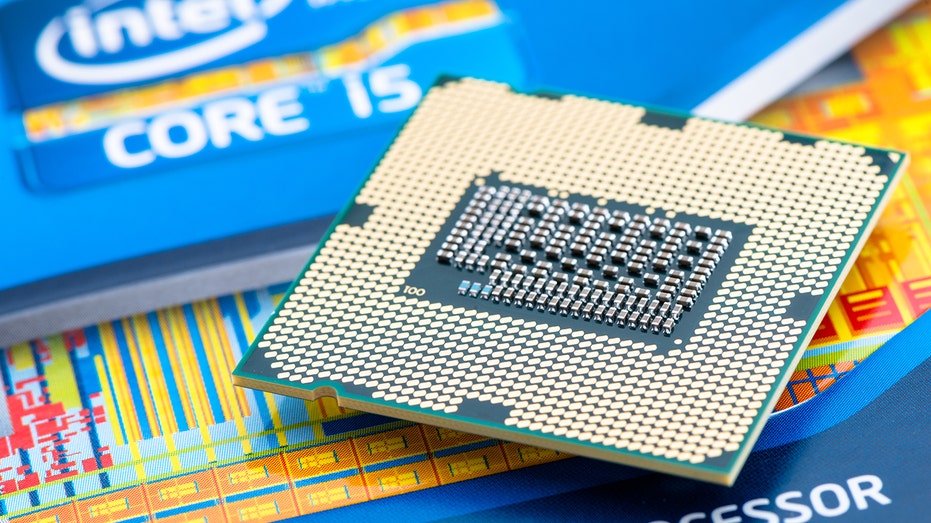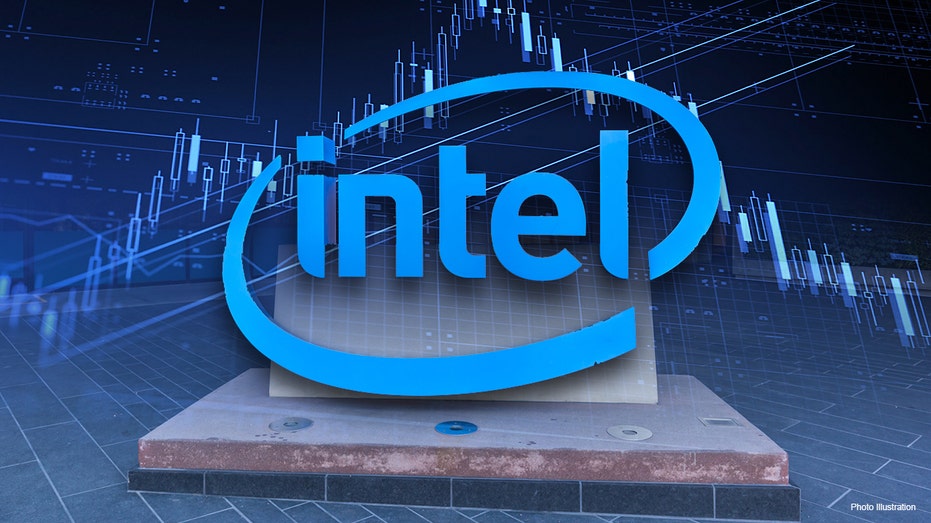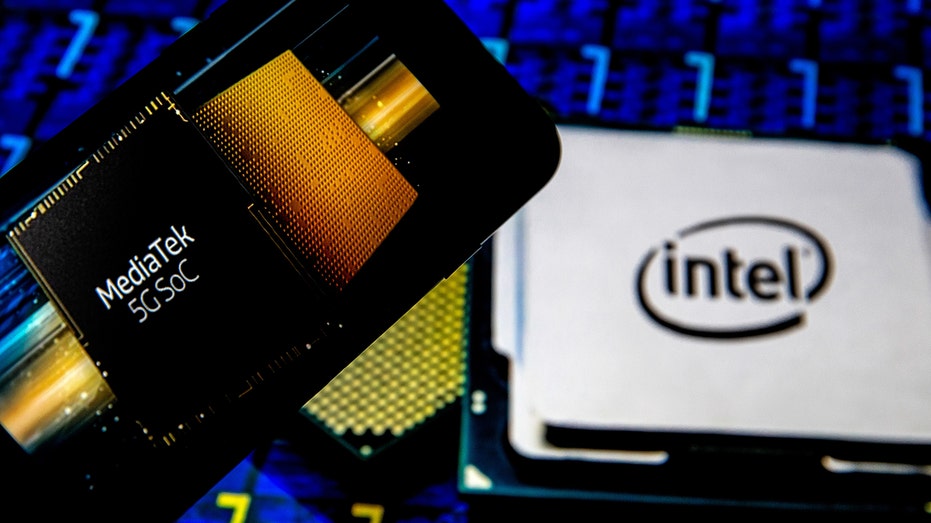Intel’s earnings dented by chip shortage
Intel shares fell more than 6% in after-hours trading on the results
Computer chip shortage hits restaurant industry
FOX Business’ Grady Trimble on how the chip shortage impacts food industry tech.
Intel Corp. disappointed investors even as it posted stronger third-quarter earnings and raised its full-year sales outlook, as global chip shortages eat into potential sales.
The worldwide chip shortage has caused carmakers to idle plants and has led to higher prices on some electronics. Laptop makers have enjoyed strong demand for their devices, but have said shortages of some components have weighed on shipments, causing backlogs to swell.
Intel, which powers many personal computers, Thursday reported third-quarter sales of $19.2 billion, up 5% from the year-ago period, generating a net income of $6.8 billion. Adjusted sales, stripping out revenue from memory activities Intel is selling to South Korea’s SK Hynix Inc., came in at $18.1 billion, below the $18.2 billion Wall Street forecast.
MICRON CEO WARNS SUPPLY CHAIN SHORTAGES COULD CONTINUE INTO 2023
Intel shares, which closed Wednesday up 1.14%, fell more than 6% in after-hours trading on the results.

Intel Processor Core i5 2500K
The chip maker’s top line has been held back, in part, by the dent in PC shipments, Morgan Stanley analysts said in a note ahead of Intel’s results.
"While we would argue that PC demand remains reasonably solid thus far, supply constraints caused by other components (primarily power management chips) have held back the overall business," they wrote.
CHINA'S POWER ISSUE MAY MAKE THE GLOBAL CAR SHORTAGE MUCH WORSE
The lag between a company ordering a chip and its delivery has soared to an average of 22 weeks, said Susquehanna analyst Christopher Rolland, adding that the duration is the longest since he started tracking the data in 2013.
Mr. Gelsinger last month pledged to invest up to $95 billion in new chip production capacity in Europe, adding to more than $20 billion in U.S. factory investments he detailed earlier as Intel tries to cater to increased demand for semiconductors and become a leading contract chipmaker. Taiwan Semiconductor Manufacturing Co., the world’s leading contract chipmaker, this month said it would build a new chip-manufacturing plant in Japan, and Samsung Electronics Co. and memory-chip maker Micron Technology Inc. are among others with expansion plans.

But new chip factories take time to build. Mr. Gelsinger has said he thinks the global chip shortage could last into 2023.
US AUTO SALES SLUMP, STALLED BY CAR COMPUTER CHIP SHORTAGE
To provide some near-term relief, Mr. Gelsinger has said Intel is working with automakers that have been particularly hard hit by the shortage. The company, he said, would dedicate manufacturing capacity at one of its factories in Ireland to the auto-chip sector and is creating a chip-design team to help others adapt their designs to be able to use Intel’s manufacturing capabilities.
Intel, for the current quarter, said it expects sales of $19.2 billion. Wall Street is forecasting sales of $19.4 billion in the period. Full-year sales should reach $77.7 billion, Intel said.

Taiwanese chip designer MediaTek Inc on Monday released a new 5G chip aimed at helping it gain market share in the United States. (Photo by Ali Balikci/Anadolu Agency/Getty Images)
Intel also said Chief Financial Officer George Davis would retire in May.
GET FOX BUSINESS ON THE GO BY CLICKING HERE
The Intel boss, in the job since February, also is pushing to revive the company’s competitive edge after years of missteps. He laid out a plan in July for Intel to introduce at least one new, more advanced central processing unit—the brain of the modern computer—every year going forward until 2025.
The path isn’t without challenges, though. In June, Intel delayed the planned introduction of a new server chip to add features.
